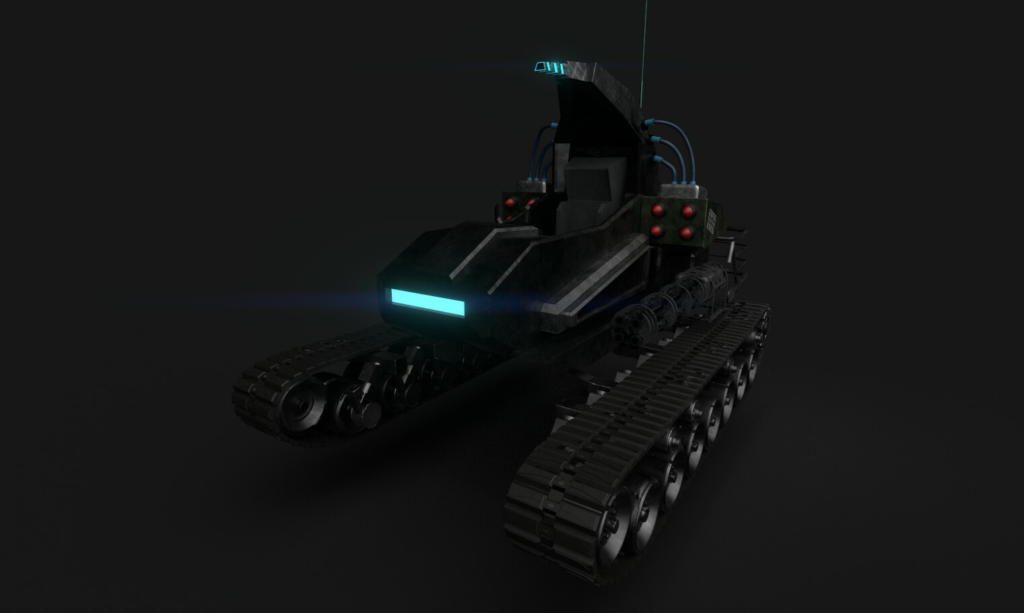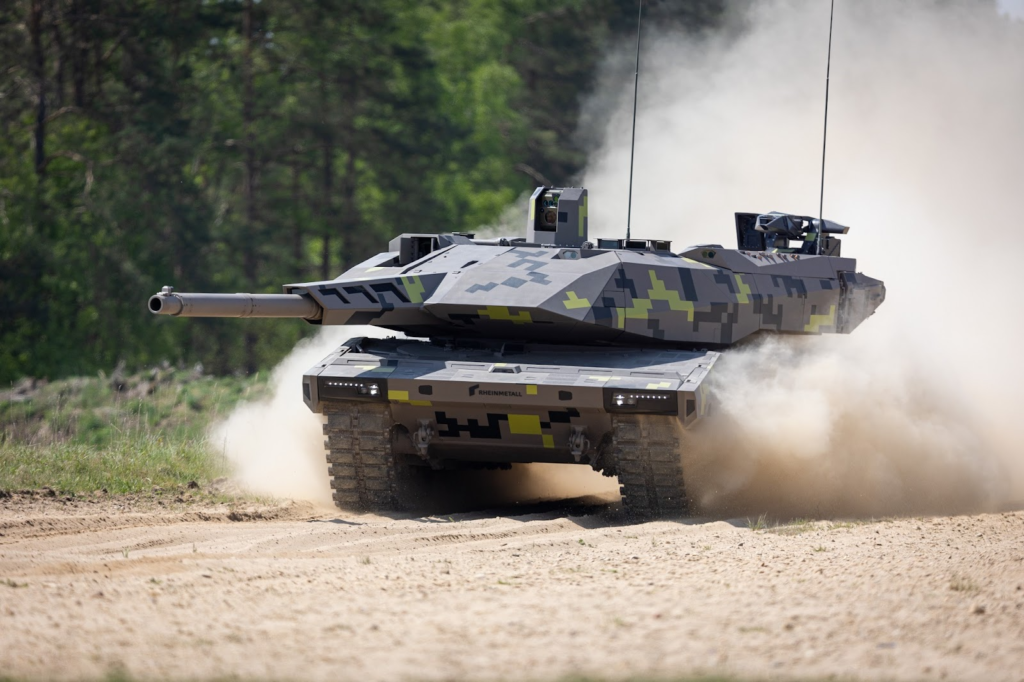As technology advances at an unprecedented rate, the military sector has been quick to adopt and integrate new technological advancements in its operations. One such development is the creation of cyber tanks, which are essentially unmanned vehicles equipped with sophisticated computer systems that allow them to operate autonomously in a variety of environments. While this technology undoubtedly offers many advantages, it also comes with its fair share of drawbacks. In this article, we will examine the pros and cons of cyber tanks and explore whether or not they truly represent the future of tank warfare.
Table of Contents
Pros of Cyber Tanks
Increased Efficiency

Cyber tanks are unmanned vehicles, which means they do not require human operators to be physically present. This eliminates the risk of human casualties in combat situations and allows for more efficient operations. Cyber-tanks can also operate around the clock, without the need for rest or sleep, which further increases their efficiency.
Reduced Costs
Since cyber-tanks are unmanned, they do not require a crew to operate them. This translates into reduced operational costs, as there is no need to provide food, shelter, or other amenities for human crew members. Furthermore, cyber-tanks can be remotely operated from a safe distance, which reduces the need for on-site personnel.
Greater Flexibility
Cyber tanks can be equipped with a variety of sensors and communication systems, which allows them to operate in a wide range of environments and situations. They can also be modified and updated more easily than traditional tanks, which makes them more flexible and adaptable to changing conditions.
Improved Safety
Since cyber tanks are unmanned, they do not place human operators in harm’s way. This reduces the risk of injury or death in combat situations, which is a major advantage in modern warfare.
Cons of Cyber Tanks
Vulnerability to Cyber Attacks

Cyber-tanks rely on sophisticated computer systems to operate autonomously. However, these systems are vulnerable to cyber-attacks and hacking attempts, which can compromise the vehicle’s functionality and give an advantage to the enemy. This makes cyber-tanks a potential liability in situations where cyber warfare is a significant threat.
Limited Autonomy
While cyber-tanks are designed to operate autonomously, they still require some level of human oversight and control. This means that they are not truly independent, and their capabilities are limited by the quality and reliability of their communication systems.
Lack of Human Judgment
Cyber-tanks lack the ability to make decisions based on human judgment and intuition. This can be a significant disadvantage in situations where split-second decisions must be made, or when a human operator is needed to assess the situation and respond accordingly.
Dependence on Technology
Cyber-tanks are highly dependent on technology, which makes them vulnerable to system failures and malfunctions. In situations where a cyber tank’s systems fail, there may not be a human operator present to take over, which could lead to catastrophic consequences.
Is This the Future of Tank Warfare?

While cyber tanks offer many advantages, they also come with significant drawbacks. The decision to adopt cyber tanks as the future of tank warfare will ultimately depend on a variety of factors, including the nature of the conflict, the threat environment, and the military’s strategic goals. However, it is clear that cyber tanks represent a significant technological advancement in the field of warfare, and they are likely to play an increasingly important role in future military operations.
Conclusion
In conclusion, cyber tanks offer many advantages over traditional tanks, including increased efficiency, reduced costs, greater flexibility, and improved safety. However, they also come with significant drawbacks, such as vulnerability to cyber attacks, limited autonomy, lack of human judgment, and dependence on technology. Whether or not cyber tanks represent the future of tank warfare remains to be seen, but it is clear that they are an important technological development in the field of military operations.
As technology continues to evolve, it is likely that cyber tanks will become even more advanced and capable, making them an increasingly attractive option for military organizations around the world. However, it is important to weigh the pros and cons of this technology carefully, and to consider its potential impact on both the military and society as a whole.